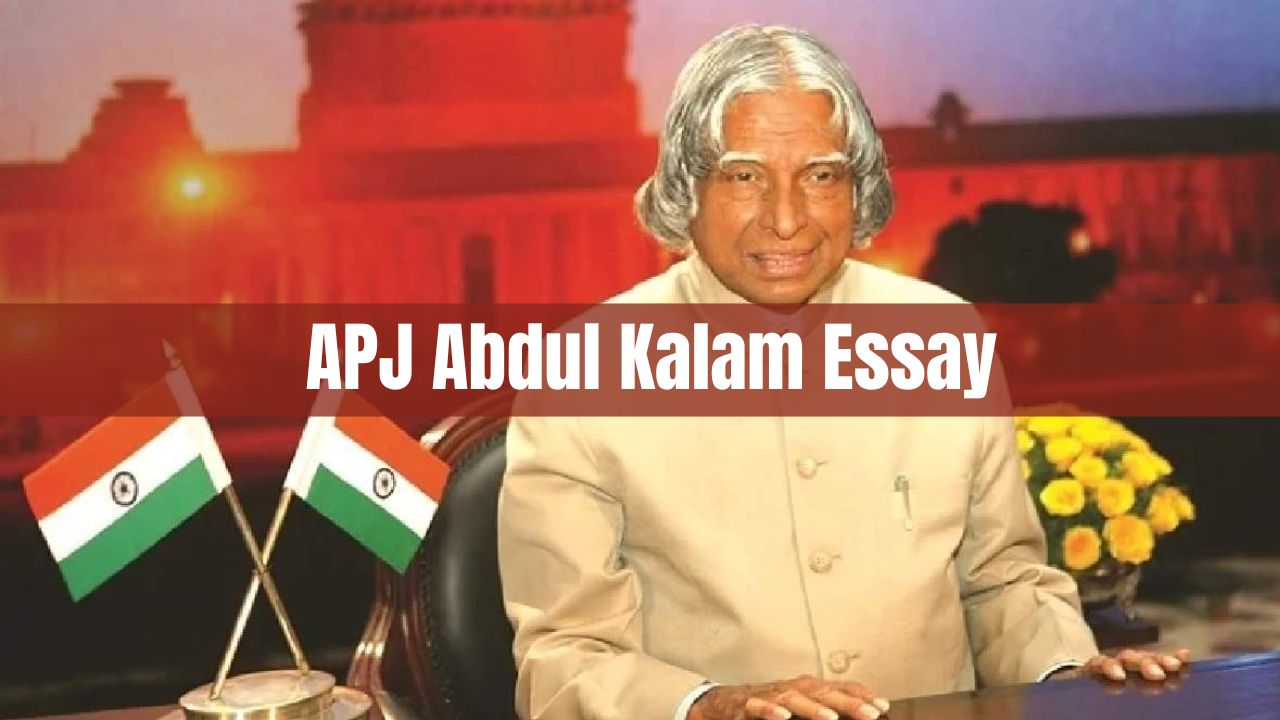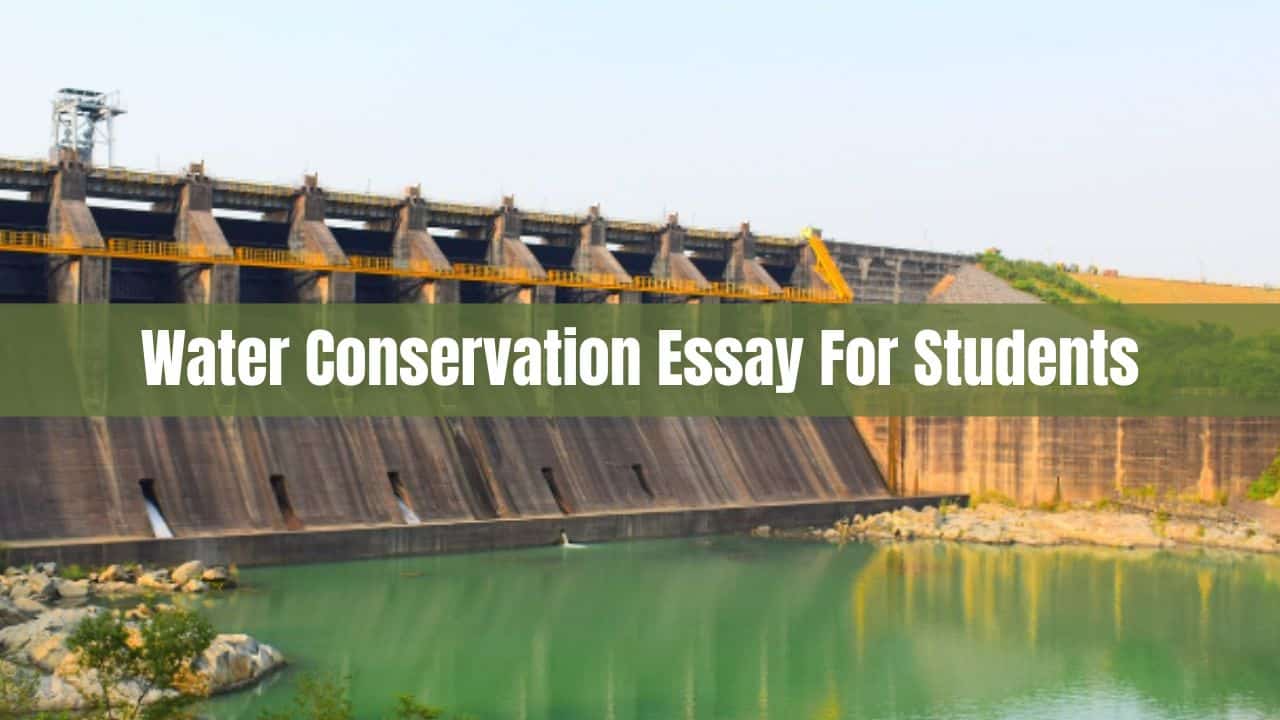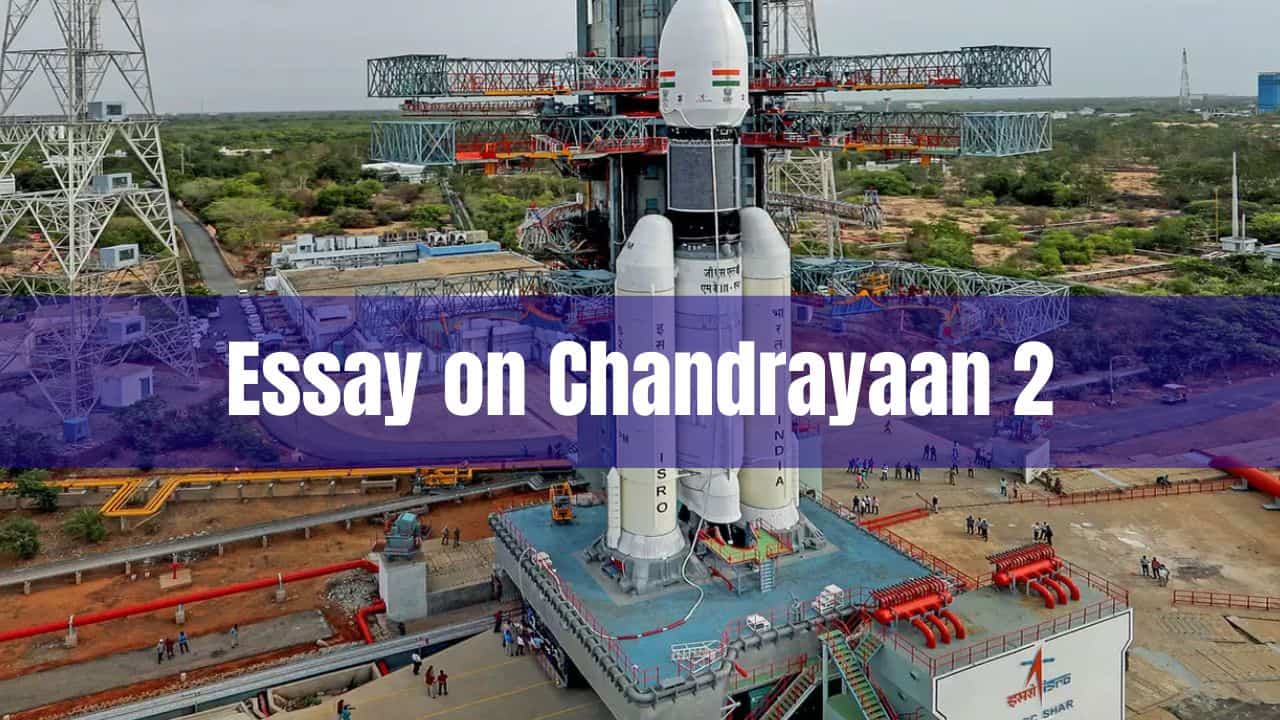APJ Abdul Kalam is a renowned and honored name for the whole world. His full name was Avul Pakir Jainulabdeen Abdul Kalam. He was born on 15th October 1931 and bid adieu to us on 27th July 2015. Also, was a scientist in the Indian Space Research Organization (ISRO), an author, an engineer, a professor, and after that a successful politician. He was additionally known as the “Missile Man” of India.
This honor title was given to him after his valuable work on India’s Pokhran- II Nuclear test in 1998. He helped in the development of the ballistic missile and the launch vehicle technology. He became India’s 11th President and served for one term from 2002 to 2007. After the completion of his presidential term, he served as a scientist and advisor in Defence Research Development Organization (DRDO) and Indian Space Research Organization (ISRO). Also involved in the military missile development.
In this article, we are going to look deep into the life of Dr. APJ Abdul Kalam. We will be discussing his early life, childhood, his education, how he started, and career. The changes and challenges he faced during the presidency or afterward. He was a great author he had written many books some biographies, fiction, and non – fiction books. We will be listing some of his writings below. Also, he had been facilitated with many awards and honors in his life some of which are mentioned below in the essay.
APJ Abdul Kalam Early Life
APJ Abdul Kalam was born on 15th October 1931 in a Tamil Muslim family in Rameswaram, located on Pamban Island which was then in Madras Residency and now in Tamil Nadu, India. His father’s name was Jainulabdeen Kalam and his mother’s name was Ashiamma. Dr. Kalam was the youngest sibling in his family. He had one sister (Azim Zohra – died in 1997) and three brothers in his family- Mohammad Muthu Meera Lebbai Maraikayar (born on 4th November 19160), Mustafa Kalam (died in 1999), Kasim Mohammed (died in 1995).
His father owned a ferry boat that took the Hindu pilgrims from Rameswaram to now known as Dhanushkodi. He was also an Imam in a local mosque. His mother was a housewife. The ancestors of the Kalam family were very wealthy, owning numerous properties and large land areas. Their business involved the trading of groceries from Sri Lanka also from the mainland to Pamban Island. The ferrying of pilgrims from mainland and Pamban. Because of their business nature, Kalam’s family acquired the name “Mara Kalam Iyakkivar” which means wooden boat steerers. The name was later shortened into “Marakier”.
After the building of Pamban Bridge in 1914, their family business was failed, and all the family’s wealth and prosperity were lost, and his family became poor when Kalam was very young. And to support his family Kalam used to sell newspapers at a very young age.
In school, Kalam was a bright student and used to focus mainly on mathematics. He went to Schwartz Higher Secondary School, Ramanathapuram. After this, he went to pursue his graduation in physics in St. Joseph’s College, Tiruchirappalli which was affiliated with the University of Madras in the year 1954 he graduated from there. Then in 1955, he went to Madras Institute of Technology from where he studied aerospace engineering. He wanted to be a fighter pilot which was his dream to be but failed by a very little mark as he ranked 9th in qualifiers and the vacancy was only for the top 8.
Kalam led a very simple life and remain a bachelor throughout his life. His schedule was he wakes up at 6:30 or by 7 AM and sleeps around 2 AM. He never owned a TV, but some of the things he had were his books, Veena, CD Player, some articles of clothing, laptop. He left no will of his own therefore everything he owned was given to his elder brother.
Also Read – Essay on Chandrayaan 2 – Best Essay For Kids And Students
Career
After completion of his graduation from Madras Institute of Technology in 1960, Abdul Kalam joined the Aeronautical Development Establishment of Defence Research Development Organization (DRDO) as a scientist after becoming a member of Defence Research & Development Submit (DRDS). In the initial days, he designed a hovercraft and became uncertain from his job at DRDO.
Kalam was part of the INCOSPAR Committee which was headed by the renowned space scientist Vikram Sarabhai. In 1969, Kalam headed a project of designing and developing India’s first launch vehicle naming “Satellite Launch Vehicle-III (SLV-III)”. The same launch vehicle deployed the “Rohini” satellite into space around near-earth orbit in 1980. He also independently started work on the expandable rocket in 1965 in DRDO itself.
During the year 1963-1964, he traveled to NASA’S Langley Research Centre located in Hampton, Virginia; Wallops Flight Facility and Goddard Space Flight Centre located in Greenbelt, Maryland. He developed Polar Satellite Launch Vehicle (PSLV) and SLV-III projects which were successful between the year the 1970s-1990s.
He directed the project “Project Valiant” and “Project Devil” which endeavor to develop ballistic missiles from the technology of Satellite Launch Vehicle (SLV). In the 1980s, Indira Gandhi released secret funds despite the opposition of the Union Cabinet under the dictatorship of APJ Abdul Kalam. He convinced the Union Cabinet about the true nature of the aerospace program which bought laurels to him and because of which the Government of India, initiated advanced missile development programs.
Dr. VS Arunachalam and Kalam together convinced the Defence Minister R. Venkatraman for developing a quiver of missiles and helped in getting Rs. 3.88 billion budgets for their project. The project name was Integrated Guided Missile Development Programme (IGMDP) under which they successfully developed many missiles including Agni and Prithvi. Although the mission was criticized by many because of the mismanagement of cost and delay.
Kalam was appointed as Chief Scientific Advisor of Prime Minister and Secretory in Defence Research Development Organization (DRDO) from July 1992 to December 1999. Under his guidance, the Pokhran-II nuclear tests were conducted which made him one of the best nuclear scientists in the country.
Presidency
APJ Abdul Kalam became the 11th President of the Republic of India after K. R. Narayan. Kalam won the presidential election in 2002 with an electoral vote of 922,884 defeating Lakshmi Sahgal. He served the country for only one term from 25 July 2002 to 25 July 2007.
Before the elections, National Democratic Alliance (NDA) the ruling party proposed Kalam’s name as their Presidential Candidate. And after the announcement Samajwadi Party and National Congress Party, backed out which later came into the support of Dr. APJ Abdul Kalam.
He was awarded the Bharat Ratna, the highest civilian honor of India before becoming the President. He listed third following Dr. Sarvepalli Radhakrishnan (1954) and Dr. Zakir Hussain (1963). The first scientist and bachelor to occupy Rashtrapati Bhawan.
During his tenure, he signed the Office of Profit Bill which was the toughest decision been taken by him and was criticized by many. Under Article 72 of the Indian Constitution, which gives the right to the President to stop the death sentence of convicts. He acted on one mercy which was rejected by him. The plea was of a rape convict Dhananjoy Chatterjee, who was later hanged. In the year 2005, he also made a challenging decision of Presidential Rule in Bihar.
At end of his term, Kalam decided to run for his second term but later refused to do so, and then Pratibha Patil became the 12th President of the Republic of India.
After Presidency
After the completion of his tenure, he decided to be a visiting professor and taught in many Universities such as:
- Indian Institute of Management, Shillong
- Indian Institute of Management, Ahmedabad
- Indian Institute of Management, Indore
- Indian Institute of Science, Bangalore
- Banaras Hindu University, Varanasi
- Anna University as Aerospace Engineering Professor
- Indian Institute of Space Science and Technology, Thiruvananthapuram
Death
July 27th, 2015; the day when our beloved APJ Abdul Kalam bid farewell to us. On that day, he was in Shillong for addressing students on “Creating a Liveable Planet Earth”. There in the auditorium just before addressing he collapsed and rushed to the near hospital. Despite being kept in the Intensive Care Unit he was declared dead because of sudden Cardiac Arrest at 7:05 P.M. IST. His last words reportedly were “Funny Guy! Are you doing well?” He was then brought from Shillong to Delhi on 28th July at his residence 10, Rajaji Marg where everyone pays their condolences and tribute.
On 29th July, his body wrapped in Indian Flag was bought to Madurai from there to his hometown Rameswaram. His body was kept in an open area so that the public can pay tribute to him.
Then on 30th July, Kalam’s body was laid to rest at Rameswaram’s Pei Karambu Ground along with all the state honors. Over 350,000 people were gathered to pay tribute to Dr. APJ Abdul Kalam.
About his Books
Being after the people’s choice president Dr. APJ Abdul Kalam was also a great author. He wrote many books along with some co-authors. Some of them include his biography and some being the fiction books. We will be sharing his top 25 books written by him which are as follows:
- India 2020: A Vision for the New Millennium
- Wings of Fire: An Autobiography
- Ignited Minds: Unleashing the Power within India
- The Luminous Sparks: A Biography in Verse and Colours
- Guiding Souls: Dialogues on the Purpose of Life
- Mission of India: A Vision of Indian Youth
- Inspiring Thoughts: Quotation Series
- You are Born to Blossom: Take My Journey Beyond
- The Scientific India: A Twenty First Century Guide to the World Around Us
- Failures to Success: A Legendary Lives
- Target 3 Billion
- You Are Unique: Scale New Heights by Thoughts and Actions
- Turning Points: A Journey through Challenges
- Indomitable Spirits
- Spirit of India
- Thoughts for Change: We Can Do It
- My Journey: Transforming Dreams into Action
- Governance for Growth in India
- Manifesto for Change
- Forge Your Future: Candid, Forthright, Inspiring
- Beyond 2020: A Vision for Tomorrow’s India
- The Guiding Light: A Selection of Quotations from My Favourite Books
- Reignited: Scientific Pathways to Bright Future
- The Family and The Nation
- Transcendence My Spiritual Experiences
Thoughts and Quotes from APJ Abdul Kalam’s Speeches
APJ Abdul Kalam was the inspiration of many young minds. Generally, in his speeches, he talks about dreams, aspirations, and how to pursue them. Some of his quotes are mentioned below, which may help you to be positive about your life and make you determined towards your goals and career.
- The best brains of the nation may be found on the last benches of the classrooms. – he used to say this because backbenchers tend to work multiple things at a time.
- Do not take rest after your first victory because if you fail in second, more lips are waiting to say that your first victory was just luck.
- All of us do not have equal talent. But all of us have an equal opportunity to develop our talents.
- You have to dream before your dreams can come true. You cannot change your future, but you can change your habits, and surely your habits will change your future.
- If you fail, never give up because F.A.I.L. means “First Attempt in Learning”. The end is not the end in fact E.N.D. means “Effort Never Dies.” If you get No as an answer, remember N.O. means “Next Opportunity”, So let us be positive.
- Be active! Take on responsibility! Work for the things you believe in. If you do not, you are surrendering your fate to others.
Conclusion
Dr. APJ Abdul Kalam has inspired millions of lives. Led a simple and sober life, loved children a lot. He always said, if we have to make our dreams come true, we have to dream about them first. He always tried to motivate students and teachers to do a thing beyond their expectations and horizons. He believed every student has the capability of doing something unique, only the right path and direction is to be given.
Because of his humble and approachable personality, he was named the “People’s President”. He believed money can never be a barrier in achieving and fulfilling someone’s dreams this was because he belonged to a poor family himself. Even after his death, every Indian is proud of his achievements and contributions he made to make our lives better.







Leave a Comment